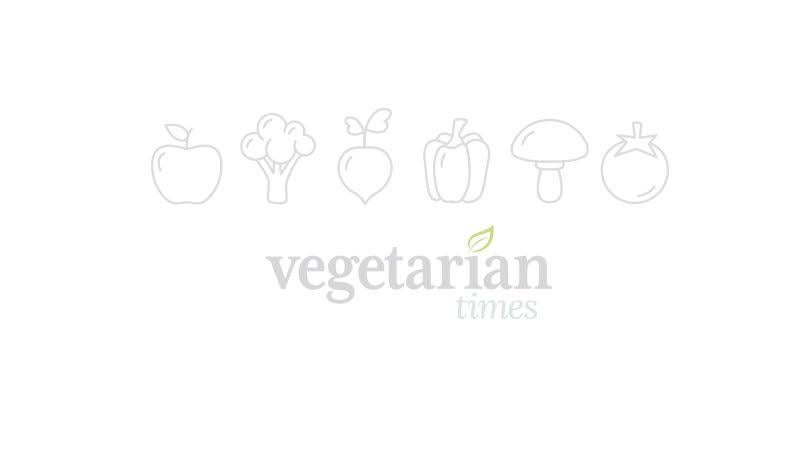Carrot & Stick: January 2009

CARROTS TO:
The U.S. Department of Agriculture, for adding soymilk to the National School Lunch and Breakfast Program. The program serves free or low-cost meals to more than 30 million children each day. Usually, those meals come with a carton of cows’ milk, unless a child presents a doctor’s written order to the contrary. Soymilk has no cholesterol and according to the Physicians Committee for Responsible Medicine, is lower in calories, fat, and sodium than cows’ milk, and supplies the same amount of calcium when fortified. The USDA’s new policy requires only a written parental request, and is a definite step in the right direction.
Vestergaard Frandsen, a Swiss company that developed LifeStraw, a truly life-saving invention for the estimated
1 billion people around the world who lack access to clean water. The personal water filter is housed in a polystyrene cylinder that hangs around the neck, cleaning at least 700 liters of water and removing 99.99 percent of waterborne bacteria and 98.7 percent of waterborne viruses. Its design is simple, with no spare parts or batteries needed. According to VF spokesperson Peter Cleary, humanitarian organizations have purchased 200,000 of the $5.50 devices for distribution in Africa, the Middle East, and Asia. The World Health Organization estimates that roughly 1.8 million people, mostly children, die each year from waterborne illness.
U.S. District Judge Donald Molloy of Missoula, Mont., who returned gray wolves in Idaho, Montana, and Wyoming to federal protection under the Endangered Species Act. Last March, the U.S. Fish and Wildlife Service removed the animals from the endangered species list & after a $27 million effort since 1974 to conserve them. Molloy sided with environmentalists who argued that the population isn’t stable enough and that Wyoming’s plan would allow unregulated hunting in most of the state. “Counting wolves and saying, ‘Yeah, the states can regulate them,’ is not the problem,” says Priscilla Feral, president of Friends of Animals. “It’s the motivation of the government officials who seem wedded to the idea that the wolves should be opportunities for hunters.”
STICKS TO:
California Governor Arnold Schwarzenegger, for vetoing the Fresh Raw Milk Act of 2008 (SB 201), which would have established updated safety protocols for raw milk production. Current regulations hold raw milk to the same standards concerning bacterial count as its pasteurized counterpart. “Given that raw milk has probiotics [beneficial bacteria], this is the wrong standard for raw milk,”says the bill’s sponsor, Senator Dean Florez (D-Shafter). SB 201 would have allowed raw dairy farms to implement a quality assurance practice called Hazard Analysis Critical Control Point that’s used successfully in seafood and juice production in lieu of the bacteria counts. Florez plans to reintroduce the bill in 2009.
E&A and A&J Kennels in Kutztown, Pa., for shooting 80 dogs last July after state dog wardens ordered they undergo veterinary exams. “The main reason most kennel owners resist exams is they don’t want to pay the costs,” says Robert Baker, an anticruelty investigator for the American Society for the Prevention of Cruelty to Animals. Under state law at the time, shooting the dogs was legal; Baker says such shootings are an everyday occurrence at puppy mills around the country. The killings underscore the need for laws similar to one signed in October by Pennsylvania Governor Edward Rendell that require kenneled animals receive annual veterinary care and permit only veterinarians to euthanize animals.
The Food and Drug Administration, for failing to ban bisphenol A, a chemical used in manufacturing many plastic goods, including containers bearing
the universal recycling number 7. Of particular concern are plastic baby bottles: 95 percent contain BPA. According to the Work Group for Safe Markets, “Studies demonstrate that the chemical causes damage to reproductive, neurological, and immune systems during critical stages of development, such as infancy and in the womb.” When containers made with BPA are heated to 176ºF, they leach the chemical. Concerns over safety have prompted Walmart, CVS, and Toys R Us to start removing products containing BPA from their shelves. The Canadian government announced a ban on BPA-containing baby bottles in April.